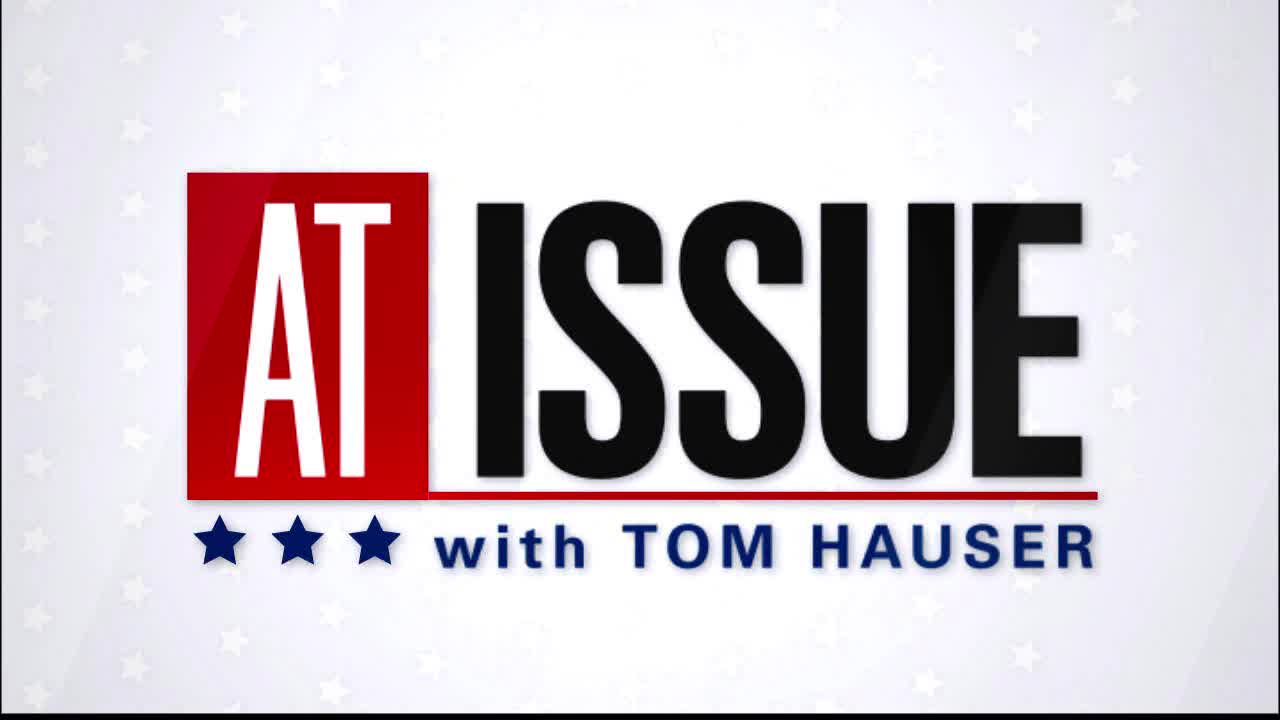Campaign Cash Controversy: Royce White's Financial Crossroads and the Insider Scoop

In this week's compelling episode of At Issue, investigative journalist Tom Hauser takes a deep dive into the financial intricacies of Royce White's campaign, uncovering a controversial spending pattern. The spotlight is on White's campaign finance reports, which reveal an eyebrow-raising expenditure of over $1 million in donor funds allocated to "credit card fees" - a detail that is sure to spark intense scrutiny and debate.
Adding to the episode's intrigue, Hauser sits down for an exclusive one-on-one interview with Adam Schwarze, a Republican candidate vying for a coveted U.S. Senate seat. The in-depth conversation promises to shed light on Schwarze's political aspirations, campaign strategy, and vision for the future.
Viewers can expect a riveting exploration of campaign finance transparency and the personal narratives driving this election cycle, as Hauser brings his trademark investigative prowess to the forefront of political reporting.
